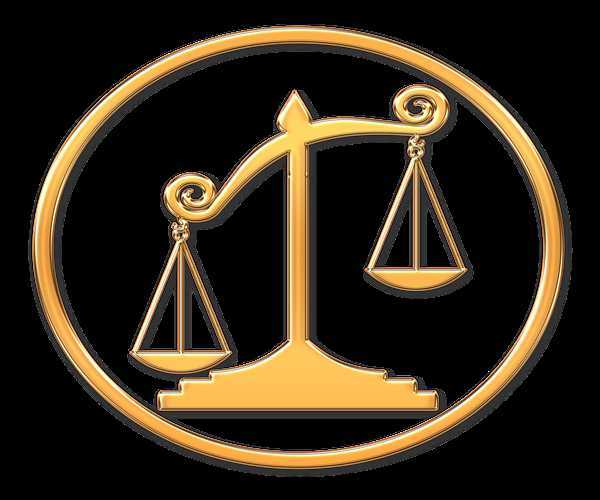
NHRC Chief Proposes Strict Legislation to Address Illegal Online Activity
On Thursday, National Human Rights Commission (NHRC) Chair Justice (Retd) Arun Kumar Mishra called for rigorous regulation to counter 'illegal Internet behavior and cyber crimes.'
'Social media or the internet are given the same freedoms of expression and information afforded to a person, a news organization, or television; they aren't more expansive than that. Therefore, according to Justice Arun Mishra, strong legislation is required to remedy this.
He was speaking at Gandhinagar's National Forensic Sciences University just after the inauguration of the 25th All India Forensic Science Conference.
'Encouraging online ethics is crucial. The former Supreme Court justice continued, 'The government should also pass strict legislation to discourage and prosecute illegal Internet behavior and cybercrimes.
Also Read : Foreign Lawyers In India Must Know About Supreme Court Order
Justice Mishra, currently chairperson of the National Human Rights Commission, claims that Kautilya's Arthashastra was the very first book in India to discuss forensic science.
'The ways that crimes are committed have changed. Today's weapon is technology. Over the past ten years, more people have started using the internet. Civil liberties, human rights, and rights holders are all violated online.
He thinks that protecting people's rights and combatting cybercrime depend on cybersecurity.
He asserts that several nations have changed their legal frameworks to combat cyberattacks and the rise of new categories of crimes.
According to Mishra, there isn't any 'greater' freedom of speech accessible in 'social networks and cyberspace' than on the broader population or the media.
'Article 19 of the Constitution grants the public and the media freedom of expression, which is on par with or not more significant than the freedom of expression granted to the internet and other social media.

Therefore, strict legislation is required to combat cybercrime. She said that violence should be dealt with brutally.
The former judge continued by claiming that internet usage infringed people's civil, human, and privacy rights.
'Cyberspace violates the right to a dignified existence and the right to privacy of those who use the internet. Human rights protection and the prevention of cybercrime depend on cybersecurity. India ranks second in targeted strikes and third in cyberattacks, per research conducted abroad, 'he observed


